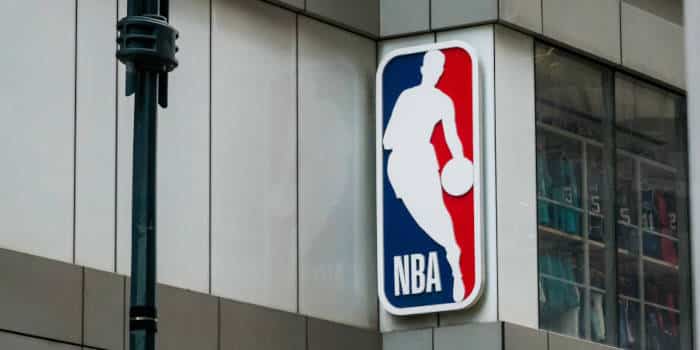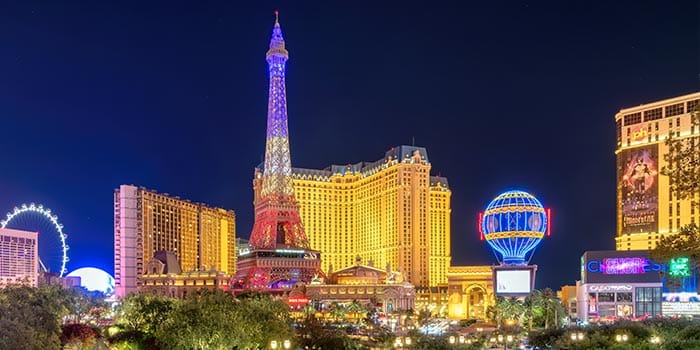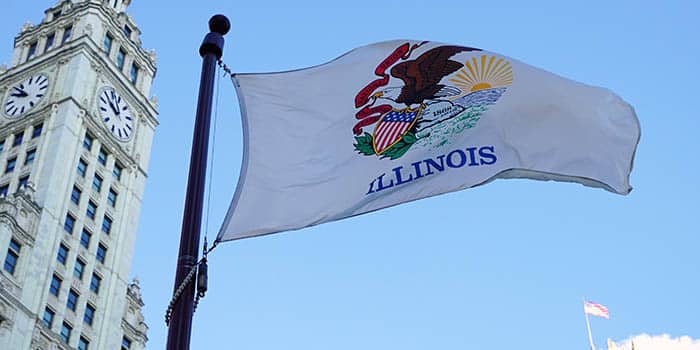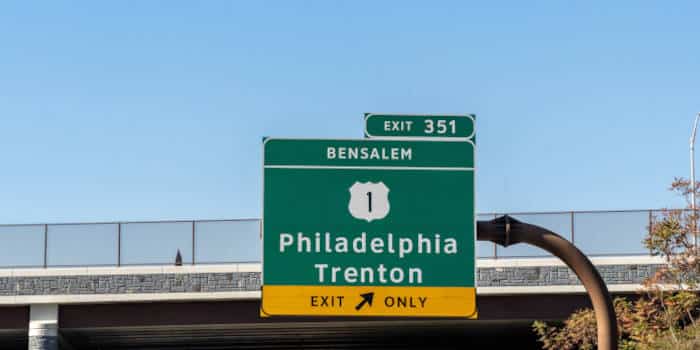- Casino
- By State
- Alabama
- Alaska
- Arizona
- Arkansas
- California
- Colorado
- Connecticut
- Delaware
- Georgia
- Florida
- Hawaii
- Idaho
- Illinois
- Indiana
- Iowa
- Kansas
- Kentucky
- Louisiana
- Maine
- Massachusetts
- Maryland
- Michigan
- Minnesota
- Mississippi
- Missouri
- Montana
- Nebraska
- Nevada
- New Hampshire
- New Jersey
- New Mexico
- New York
- North Carolina
- North Dakota
- Ohio
- Oklahoma
- Oregon
- Pennsylvania
- Rhode Island
- South Carolina
- South Dakota
- Tennessee
- Texas
- Utah
- Vermont
- Virginia
- Washington
- West Virginia
- Wisconsin
- Wyoming
- By State
- Slots
- Poker
- Sports
- Esports
Gambling Ads Continue to Find More Airtime in the US

Sports betting is here to stay, in the US and across the globe. Like those in any industry, gambling operators want to be able to advertise to attract more customers. However, some believe that there is too much advertising. Countries like Italy, the UK, Australia and others are clamping down on how much – and when – gambling advertising is allowed. Those same restrictions will soon permeate the US market, as well.
Gambling Ads to Face Restrictions
According to Nielsen Ratings, the cost of TV ads for online gambling increased to $725 million in 2021 from $292 Million in 2020. This is because gambling companies spend three times more on advertising than cereal companies.
There’s still a lot of room for growth, too. Nielsen indicates that gambling-related ads make up about 1% of TV ad markets. They are outnumbered by the $7.9 billion the auto industry spends each year, according to data in a new Barron’s report.
As gambling expands into new markets, with huge TV audiences and high-priced ad rates, spending is sure to increase.
In a growing number of states, gambling operators are competing for market share. 11 states, including Connecticut and Michigan, have gone live with online gambling in 2021. New York just joined and California may enter this year. Florida entered before it was forced to back down as part of a larger dispute that is still going on today.
There are more than 12 bookmakers competing in several states for position. Companies that are well-funded and able to offer promotional offers to new customers, as well as bankroll large media campaigns, have an advantage. According to Nielsen, 93% of TV ad spend in 2021 was spent by four operators, DraftKings, FanDuel, MGM Resorts International and Caesars Entertainment. All four now offer online casinos in addition to online sportsbooks.
Big Expense with Little Reward
Gambling companies are seeing a return on their investment in terms of user growth. Thomas Allen, a Morgan Stanley analyst, found that the top five operators in each state with data had at least 82% of the market. Michigan’s top five operators have a 90% market share in Michigan, where there are 14 competitors for the same operator.
Allen stated that despite all the negative press about marketing and promotional spending levels, it has created a highly concentrated market where only scaled players can compete. In many cases, operators are spending more on marketing than what they are earning in order to get out in front.
Regulators and legislators are starting to notice the television ads. They are concerned about the messages being sent.
Ralph Caputo, a New Jersey Assemblyman, is the chairman of the state’s Committee on Tourism, Gaming and the Arts. A former casino, he now believes it is time to limit the advertisements. He calls the amount of gambling ads now seen on TV “crazy” and would like to see restrictions put in place.
Some industry insiders don’t believe new regulations are warranted. The American Gaming Association points out that operators police themselves and have a collective responsible marketing code.
That likely won’t be enough to appease lawmakers, especially in an election year. The gambling industry should start preparing now for tighter restrictions on how they market, knowing that the arrival of stricter measures is inevitable.
Erik brings his unique writing talents and storytelling flare to cover a wide range of gambling topics. He has written for a number of industry-related publications over the years, providing insight into the constantly evolving world of gaming. A huge sports fan, he especially enjoys football and anything related to sports gambling. Erik is particularly interested in seeing how sports gambling and online gaming are transforming the larger gaming ecosystem.
Previous Article

Industry
February 14, 2022
Texas Lawmakers Try Again to Legalize Casinos, Sports Betting

Must Read
More Articles





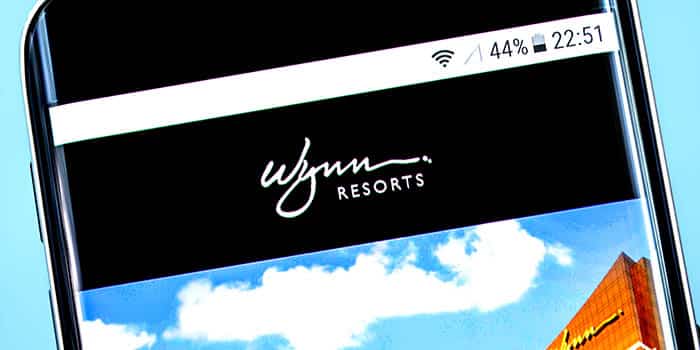
Casino
June 30, 2025
Wynn COO Vows Change Amid Ongoing Regulatory Pressure

Casino
June 30, 2025
DIMOCO Enters Germany iGaming Market with Neo.Bet

Casino
June 30, 2025
Man Admits to Laundering Cocaine Money Through Casinos

Industry
June 27, 2025
Las Vegas Sphere Bashed for Charging $170 for Pizza

Casino
June 27, 2025
MGM Yonkers Files $2.3B New York Casino License Bid




